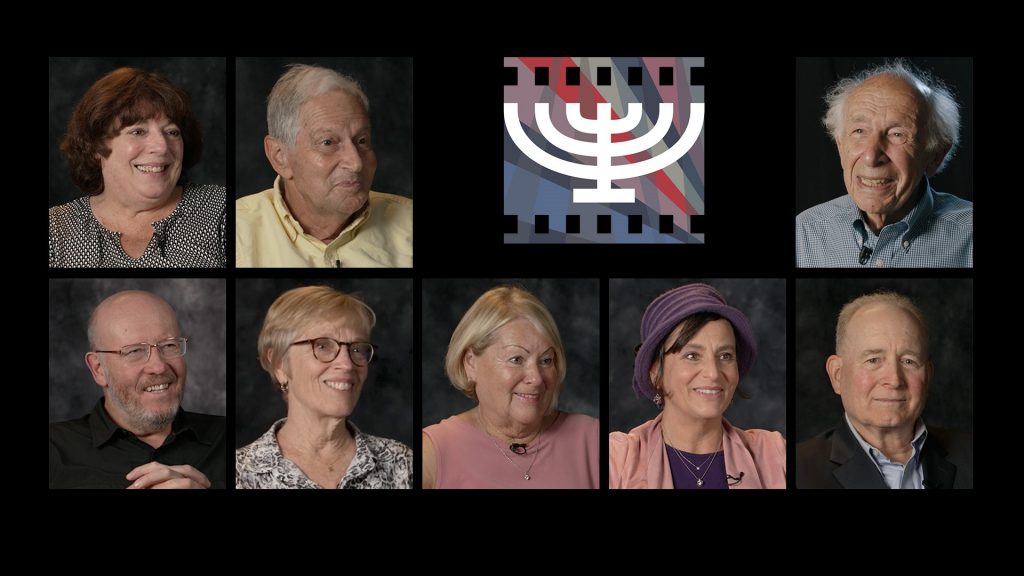Module 1: Oral History
Oral History and Memory Studies

In this section, we will look at the fields of Oral History and Memory Studies and think about how we can learn about the Holocaust and antisemitism through these approaches. Oral History involves learning about the lives of ordinary people through long, open-ended interviews. It is a collaborative and democratic practice that seeks to make space for as many voices as possible in the historical record, so that our understanding of historical events is inclusive, complex, and takes into account the experiences of people on the ground. Memory Studies refers to the study of memory as a social phenomenon: how people, communities and societies remember historically significant events like the Holocaust, and how and why those memories are formed the way they are. These approaches compel us to work hard to understand the lives of Holocaust survivors not only for the information we can learn from their stories, but also for the meanings we can glean about what it means to survive atrocity and live with the memory of it.
Oral History and Memory Studies: What do we learn from listening?
In this lecture, Dr. Anna Sheftel introduces the fields of Oral History and Memory Studies as forms of historical inquiry for studying the Holocaust.
What Makes Oral History Different
This reading is an excerpt from Alessandro Portelli’s seminal essay, “What Makes Oral History Different.” In it, he describes the unique opportunities presented by the study of Oral History, and how it can give us new ways of understanding the past.
Questions on “What Makes Oral History Different”:
- What “makes Oral History different?”
- According to Portelli, why is the unreliability of oral sources not a problem?
- What does it mean to study subjectivity?
- How does the historian influence the Oral History process?
Oral Histories
Oral History: Josef Eisinger
Josef Eisinger is a Holocaust survivor and Professor Emeritus at the Mount Sinai School of Medicine. Born in Vienna, Austria, Josef was evacuated to England as part of the Kindertransport program at the onset of World War II. In this clip, he discusses the importance of sharing oral testimony.
Questions for Reflection:
- According to Joseph Eisinger, why does Oral History help us understand about the Holocaust?
- What does it mean that hearing directly from a survivor “makes it real?”
Oral History: Bryna Wallace
Bryna Wallace’s father led his young wife, extended family, and neighbours into the Russian forest during World War II and kept them alive for almost four years. Bryna was born in the forest during this period. In this clip, Bryna discusses the accuracy of memory when sharing her story.
Questions for Reflection:
- Bryna Wallace describes how the closer you are to your memories, the more accurately you remember things. How does this claim relate to Maurice Halbwachs’s claims about memory as socially situated and as the past reconstructed in the present?
- Describe what you think she means when she says, “everybody’s memories do take on lives of their own.”
Interactive Map
To learn more about Bryna’s Holocaust experience and her family history, press on the menu button on the top left of the interactive map below. You will then be able to scroll down and click on the different icons.
This interactive map was created by Nicola Woodhead, a PhD candidate in History at the Parkes Institute at the University of Southampton, UK.

